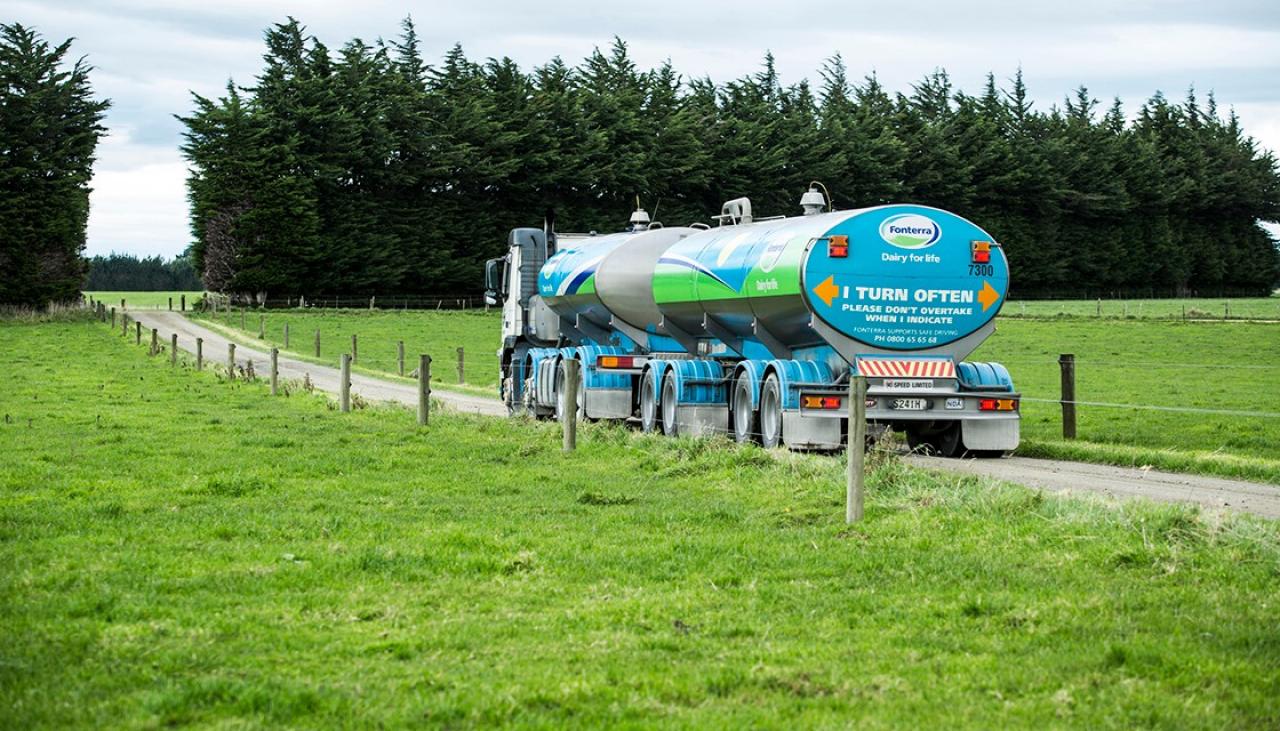Matt Long
Fatherhood, Farming and Freedom
Fonterra’s recent performance has with a return to basics strategy been encouraging, however, those familiar with the company will remember the 2019 financial year with the Shareholder’s Council noting at the time shareholders had experienced around $4 billion wealth destruction in the past two financial years. Normally it takes a Labour Government to destroy wealth like that.
Fonterra was formed by former Labour leader David Cunliffe (as he told us) almost two decades ago as a vote for the least bad solution to industry upheaval and mergers. It initially had a Chairman and CEO from the former Kiwi Co-operative Dairies but the more corporately minded NZ Dairy Group faction soon took control.
With their own newly minted CEO from Canada, they generated a vision for corporate world domination of the dairy markets based apparently on Monty Python’s The Crimson Permanent Assurance, and set sail to rule the world of ice cream sundaes and yoghurt deserts.
One of the key planks of this strategy was China; it involved setting up dairy farms in China, based on American barn systems, to supply a company Fonterra invested a few hundred million in called San Lu.
San Lu was subsequently busted for poisoning children and disappeared completely along with Fonterra’s few hundred million dollars. The rationale for the Chinese dairy farms that have lost close to a billion since their inception is apparently that Kiwis are better than anyone else at American Barn systems in which we have no experience.
Undaunted, our intrepid ship set a new course guided by a Dutch Captain who evolved a new strategy; Velocity and Volume, driven this time by the improbability drive stolen from the spaceship Heart of Gold. This strategy also involved investing almost a billion dollars into a Golden Vessel called Beingmate (San Lu 2.) which turned out actually to be an over-full, gilt painted Chinese chamber pot.
Finally, the good ship Crimson Permanent Assurance sailed over the edge of the world with the Flying Dutchman disappearing with both the improbability drive and millions in salary and bonuses for his stellar performance, never to be seen or heard of again.
In the meantime, (while failing at the management of their own business) Fonterra has focused more and more energy on adding costs to their shareholding suppliers. When head office staff at one time apparently complained that their fresh fromage frais was too warm, suppliers were suddenly hit with a choice: paying tens of thousands of dollars to upgrade their farm dairy milk cooling or leaving the industry.
Which comes to the crux of the matter. In recent years dairy farmers have had to spend billions of dollars upgrading their waste water treatment as has been necessary and rightly done. In my area Northland, due to rainfall and soil characteristics, it has been regarded as a truism that some of these systems need at various times to discharge treated waste water to water courses. According to new Regional Rules, this will no longer be practicably possible.
Will these same rules be applied to urban wastewater discharges? I think everyone can guess the answer to that.
Fonterra’s view is that discharges of treated wastewater to waterways must all be stopped, and any farmer unable to comply due to financial or physical constraints will join the long list of former suppliers they are “mostly happy to see go.”
Fonterra strongly opposes the discharge of treated wastewater to a waterway – unless of course the person doing the discharging is… Fonterra.
Newly independent web site Stuff reports:
[Editor note:Fonterra’s] Wright said irrigation to land is preferred but at certain times of the year, when weather conditions are too wet, the treated water will have to be discharged to the river.
“The [weather] info we have says the period from July, August, September and into October are going to be priorities in terms of putting [treated water] into the river.
“Then as the soil dries out from November through to February and end of March, that’s when we can irrigate to land.”
stuff.co.nz/business/farming/121584321/water-quality-worries-over-40m-fonterra-wastewater-plant
Fonterra is applying for the very type of consent it wants refused for its suppliers. This is Local Government grade hypocrisy and, like Local Government, it illustrates the power of a monopoly to act badly.
If you enjoyed this BFD article please consider sharing it with your friends.

